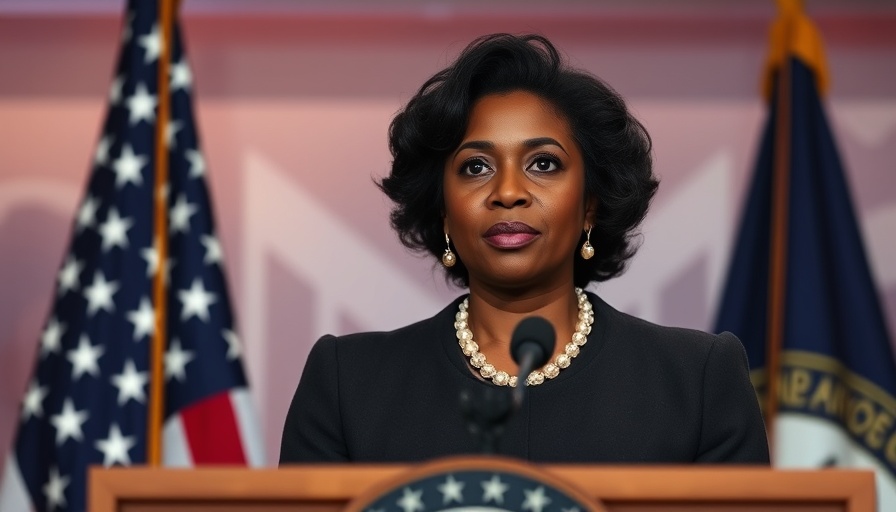
Can Trump and Putin Secure Peace in Ukraine?
The world is watching closely as Donald Trump and Vladimir Putin prepare for a peace summit in Alaska, aimed at ending the ongoing war in Ukraine. This high-stakes meeting, however, does not include Ukraine’s President Volodymyr Zelenskyy, who remains skeptical about Russia’s intentions. With Russian forces making significant advances, concerns over the viability of peace negotiations intensify.
The Current State of Affairs in Ukraine
As of this moment, Ukraine is dealing with the harsh reality of a conflict that shows no signs of abating. Volodymyr Zelenskyy has raised alarms over ongoing Russian offensives, reporting that Russian troops have made ground in key areas around Donetsk. With estimates indicating that Russia is producing a staggering 100 drones per day, coupled with increasing missile production, Ukraine finds itself under immense pressure and in a precarious security situation.
The Implications of Excluding Ukraine
The most glaring issue surrounding the upcoming summit is the absence of Ukraine from the negotiations. This raises questions about the legitimacy and effectiveness of any potential agreements. As the target of the aggression and the nation suffering the dire consequences of this war, without Zelenskyy at the table, the peace talks risk appearing more like a negotiation over Ukraine's fate rather than a genuine effort to secure peace.
A Historical Perspective: Lessons from the Past
Historically, successful peace negotiations often require the direct involvement of all parties impacted by the conflict. Not involving Ukraine could mirror other historical missteps where peace initiatives have faltered due to a lack of inclusive dialogue. Past agreements, whether regarding the Middle East or the Balkans, illustrate that the absence of key stakeholders can lead to fragile accords, more inclined to unravel than to foster lasting peace.
The Role of International Stakeholders
As major global powers, the actions and views of the U.S. and Russia heavily influence the outcome of this conflict. The U.S. has historically backed Ukraine through military assistance, while Russia has doubled down on its claims. The dynamics of these two nations, with the added complexity of their historical ties and rivalries, create a unique landscape for peace talks. Public perception and support for these leaders also play a critical role, influencing their ability to negotiate effectively.
Future Predictions for Peace in Ukraine
The upcoming summit may set the tone for what lies ahead for Ukraine, but the prospects for peace remain uncertain. If Trump and Putin can exhibit a willingness to compromise, there might be a glimmer of hope for a diplomatic resolution. However, if the outcome does not align with the desires of the Ukrainian government, it could exacerbate tensions rather than alleviate them, leading to more prolonged conflict.
Understanding the Emotional Toll
For the citizens of Ukraine, the impact of this war transcends the battlefield. Families have been torn apart, communities have been devastated, and the future remains precariously uncertain. Understanding the emotional and human aspect of this war is crucial to grasping the full scope of its consequences. The voices of those affected must resonate in the discussions surrounding potential peace.
Time for Action: What’s Next?
While all eyes are on Alaska, it’s essential for global citizens to remain vigilant and engaged with the unfolding situation. The trajectory of peace in Ukraine rests not just in the hands of two leaders but in the collective voice of the international community. Keeping the dialogue active and inclusive can be a powerful catalyst for change, and ensuring that the voices of the affected are heard is integral to moving forward.
As we watch these developments unfold in real-time, it’s important to remain informed, advocate for comprehensive dialogue, and support efforts aimed at achieving authentic peace. The world cannot afford to overlook the complexities of this situation, and it is vital to consider the broader implications of these high-stakes negotiations.
 Add Row
Add Row  Add
Add 




Write A Comment